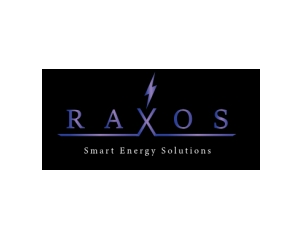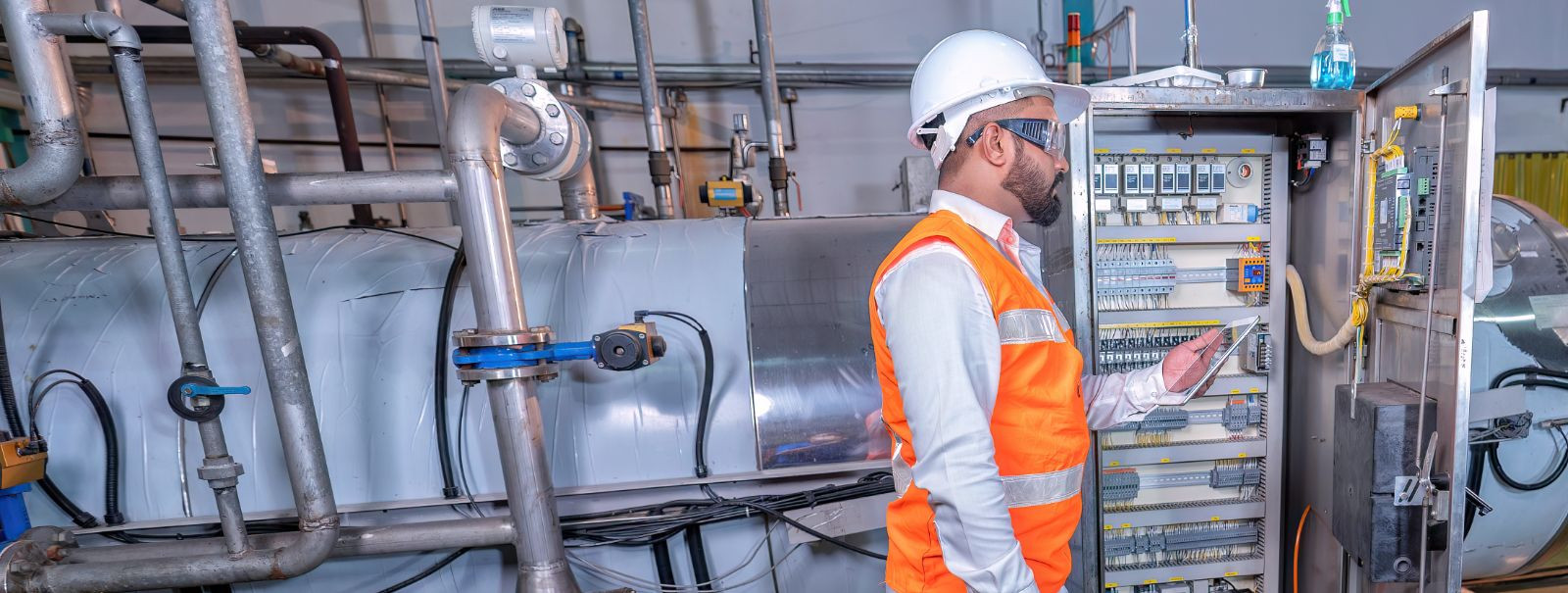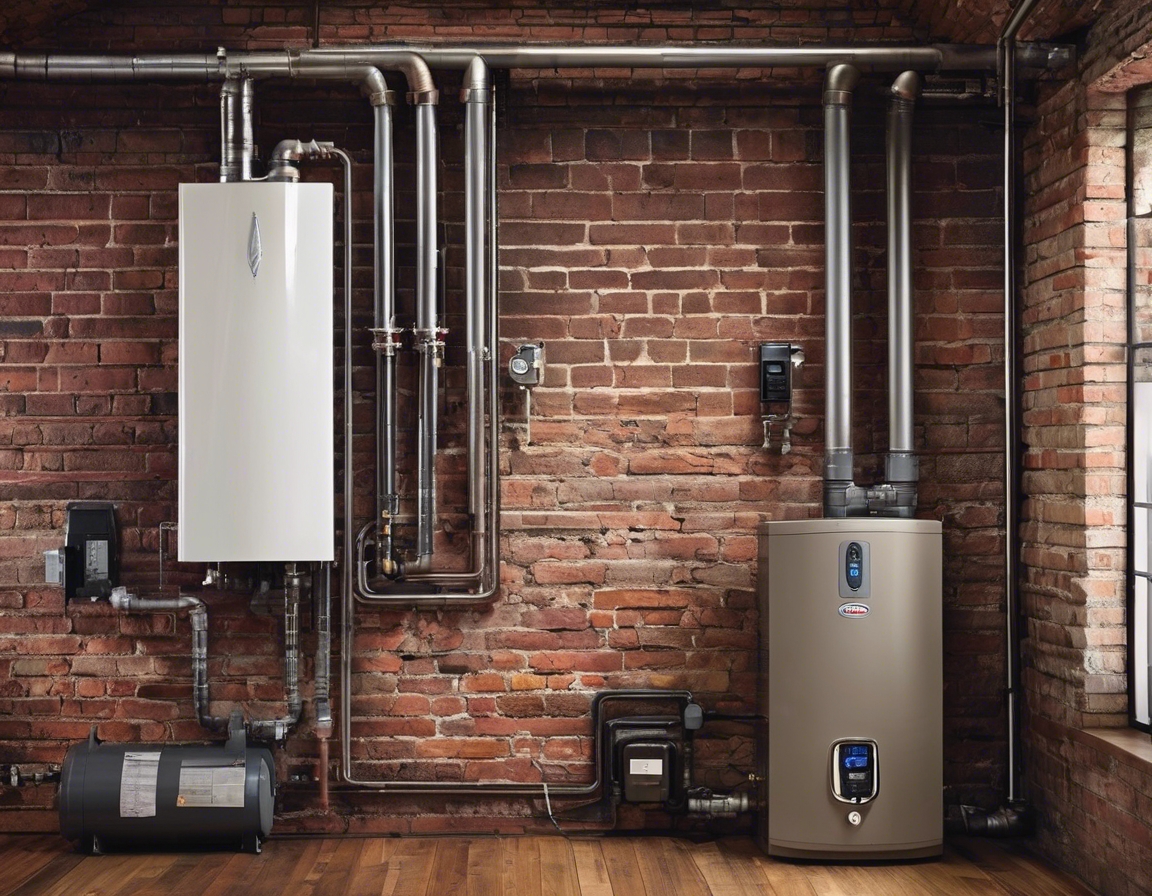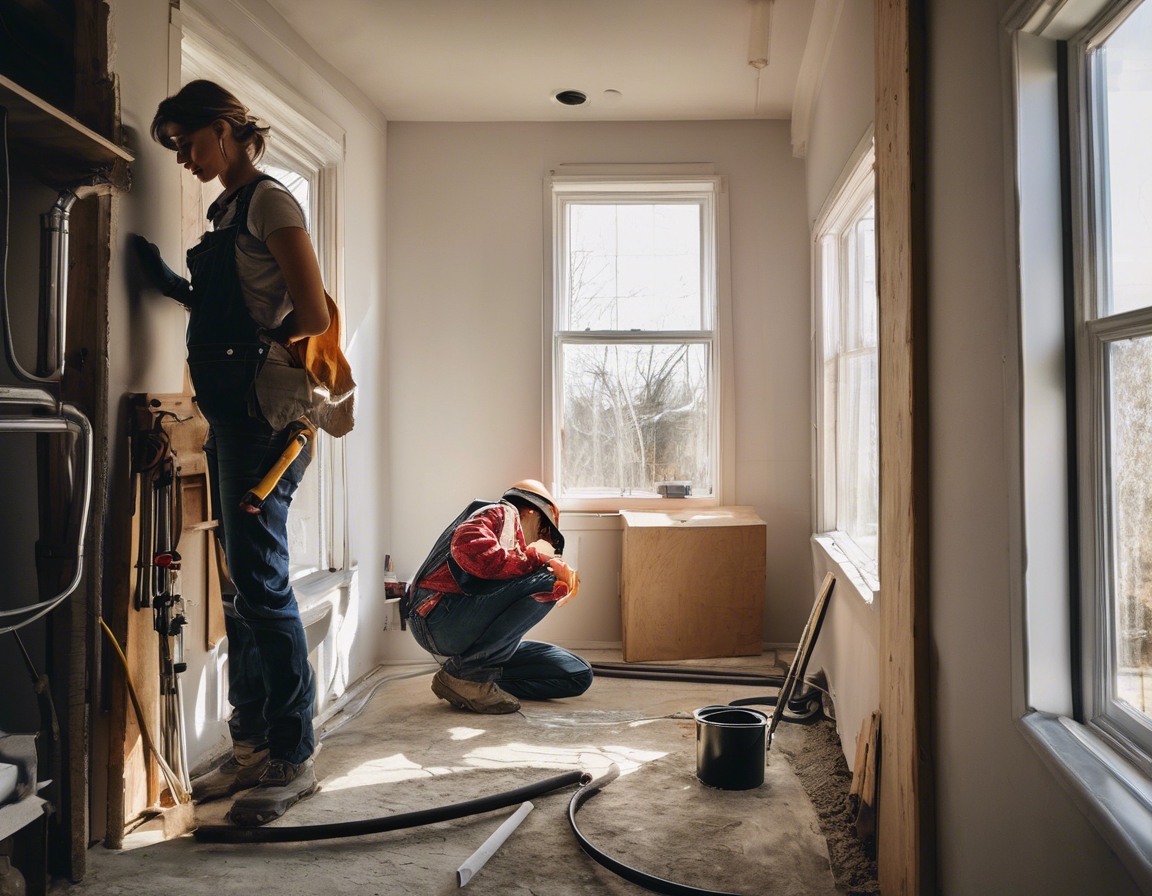Top tips for optimizing your heating system
Heating systems come in various forms, each with its unique advantages and operational mechanisms. The most common types include furnaces, boilers, heat pumps, and radiant heating systems. Furnaces are typically powered by gas, oil, or electricity and distribute heat through ductwork. Boilers use water to distribute heat via radiators or radiant floor systems. Heat pumps, which can also cool your home, transfer heat from the outside air or ground. Radiant heating systems provide heat directly to the floor or panels in the wall or ceiling.
Understanding how your heating system works is crucial for optimizing its performance. Most systems operate by generating heat and distributing it throughout the space. Furnaces and boilers heat air or water, which is then circulated. Heat pumps transfer heat rather than generate it, making them more energy-efficient. Radiant systems provide direct heat, which can be more efficient in certain settings.
Importance of Regular Maintenance
Regular maintenance is key to ensuring your heating system operates efficiently and lasts longer. Scheduling professional inspections at least once a year can help identify potential issues before they become costly repairs. Professionals can clean and adjust components, check for leaks, and ensure the system is running safely and efficiently.
In addition to professional inspections, there are several DIY maintenance tasks you can perform. Regularly replacing air filters, keeping vents and radiators clear of obstructions, and checking for drafts around windows and doors can significantly improve your system's efficiency. Additionally, bleeding radiators and ensuring your thermostat is functioning correctly can help maintain optimal performance.
Enhancing Energy Efficiency
One of the most effective ways to optimize your heating system is by upgrading to energy-efficient models. Modern systems are designed to use less energy while providing the same level of comfort. Look for systems with high Annual Fuel Utilization Efficiency (AFUE) ratings or Energy Star certifications to ensure maximum efficiency.
Proper insulation and sealing are critical for maintaining energy efficiency. Insulating your home reduces the amount of heat that escapes, allowing your heating system to work less hard. Sealing gaps around windows, doors, and other openings prevents drafts and keeps warm air inside, further enhancing efficiency.
Smart Thermostat Integration
Integrating a smart thermostat into your heating system can lead to significant energy savings. Smart thermostats learn your schedule and preferences, adjusting the temperature automatically to optimize comfort and efficiency. They can also be controlled remotely, allowing you to adjust settings from anywhere using a smartphone or tablet.
When selecting a smart thermostat, consider compatibility with your existing heating system, ease of use, and additional features such as energy usage reports and integration with other smart home devices. Popular options include Nest, Ecobee, and Honeywell, each offering unique features to suit different needs.
Cost-Effective Heating Solutions
Many governments offer incentives and rebates for upgrading to energy-efficient heating systems. These programs can significantly reduce the upfront cost of new equipment, making it more affordable to switch to a more efficient system. Check with local authorities or energy providers for available programs in your area.
Investing in energy-efficient heating solutions can lead to substantial long-term savings. While the initial cost may be higher, the reduction in energy bills over time can offset the investment. Additionally, regular maintenance and smart thermostat integration can further enhance savings by ensuring your system operates at peak efficiency.






Comments (0)